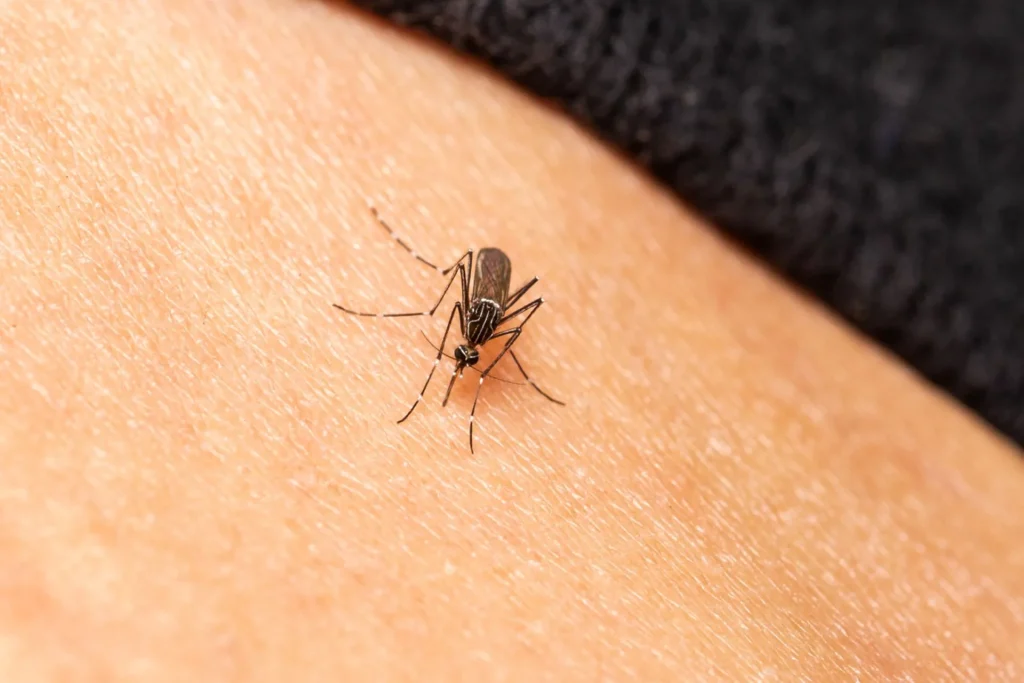Djibouti has launched an ambitious project to combat malaria by releasing tens of thousands of genetically modified (GM) mosquitoes weekly. The initiative targets Anopheles stephensi, an invasive mosquito species driving a surge in malaria cases across East Africa.
The mosquitoes, developed by British biotech firm Oxitec, are genetically engineered males carrying a protein that prevents their offspring from surviving. Since only female mosquitoes bite, releasing non-biting GM males poses no additional risk to humans. The programme, which began in May, aims to reduce the Anopheles stephensi population significantly by mid-2025.
This is Africa’s first large-scale trial of the GM mosquito technology, previously used to combat dengue-carrying mosquitoes in Brazil and Florida.

Oxitec claims its method can cut wild mosquito populations by over 90%. However, some environmentalists warn of potential risks, such as altering mosquito evolution or displacing populations into neighbouring areas.
While the project shows promise, questions about its cost and long-term sustainability remain. Djibouti is building a factory to produce GM mosquitoes for deployment across the continent, with hopes that the technology could provide a scalable solution for Africa, where malaria kills over 600,000 people annually.


